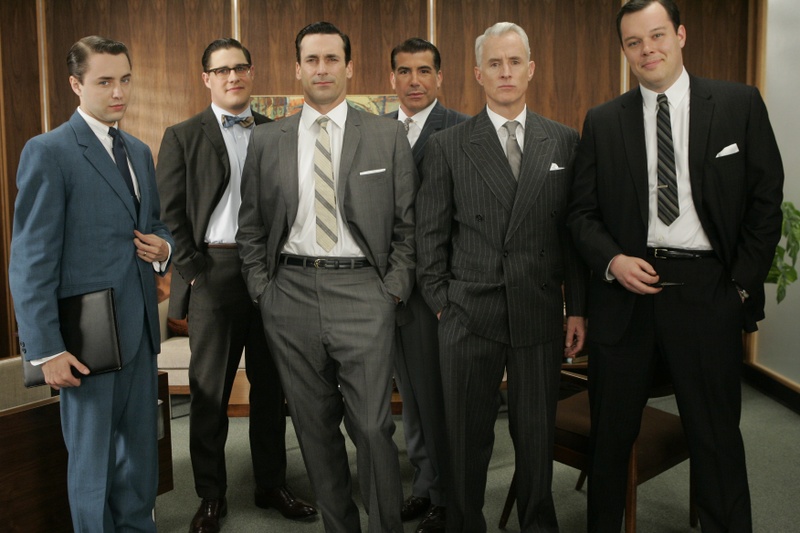 Long-time Zeitgeist (and real life) friend Matt points to Jeffry Miron’s commentary on CNN in response to the rant I posted yesterday. Mr. Miron argues, in essence, that the bailout is a poor idea and that insolvent financial firms should instead declare bankruptcy. Why should taxpayers prop up failed firms that made reckless decisions? In a free market, winners are rewarded, and the losers fail. That’s how it ought to work. I’ve heard this argument from a number of readers and I realize that I need to do a better job of explaining why I think government intervention is necessary.
Long-time Zeitgeist (and real life) friend Matt points to Jeffry Miron’s commentary on CNN in response to the rant I posted yesterday. Mr. Miron argues, in essence, that the bailout is a poor idea and that insolvent financial firms should instead declare bankruptcy. Why should taxpayers prop up failed firms that made reckless decisions? In a free market, winners are rewarded, and the losers fail. That’s how it ought to work. I’ve heard this argument from a number of readers and I realize that I need to do a better job of explaining why I think government intervention is necessary.The key to understanding the importance of the bailout is framing the issues at stake. The idea of saving Wall Street financial types who should be punished (in a market sense) for their poor decisions is difficult to stomach. But this is an unavoidable side effect of the bailout, not its central intent. The bailout essentially proposes that the government purchase toxic assets that nobody wants, because only the government has sufficient capital to do so. The reasoning is that by doing this, you save people who have made poor decisions, but much more importantly, you relieve the enormous pressure in the financial system and help put it on its way back to normality.
Many people think that statements like that (aka “saving” the financial system) amount to fear mongering. Perhaps they do, but the problem is that nobody knows. I believe that by doing nothing, we are taking a large gamble on a significant economic downturn. The best indicators, which are admittedly crude, as well as most financial experts suggest that there exists a massive crisis of confidence in the markets. Confidence underpins well-functioning financial markets. I think this is a point that Mr. Miron acknowledges but brushes over far too quickly. When institutions are nervous about lending money, they price that perceived risk into the interest rates they charge. During times of low (or, as it is right now, historically low) levels of confidence it becomes very difficult or much more expensive to borrow money.
Credit, in turn, is absolutely essential to the normal functioning of an economy. Every time you use a credit card, you’re borrowing money. More importantly, businesses rely on credit to smooth out consumption and meet their debt obligations (like paying workers). Entrepreneurs rely on credit to turn their ideas into the next Google. With a little imagination, it is not hard to see what happens if liquidity dries up and confidence erodes. Main Street and Wall Street are very closely tied together.
The difference is that markets are so spooked right now that evaporation of credit could happen on a massive, never-before seen scale. Willem Buiter gives a “quite likely” scenario of what could happen in the near future. It’s too long to quote here, but I strongly encourage you to read it. Tyler Cohen, one of the most level headed and reasonable people, adds a best and worst case scenario. The best case is a two year recession and 8-9% unemployment.
Again, the naysayers may argue that this hyperbolic, and that these exaggerated worries do not justify backing an admittedly poorly-designed and possibly enormously expensive rescue package (although the cost is debatable as it's an investment). I do hope that the worries prove overblown. But my own understanding of the situation, as well as the opinions of people I strongly respect, point me towards endorsing government intervention. There's no guarantee that it will work, and it certainly won't right the systemic problems overnight. But I’m still not convinced that the gamble of inaction is one worth taking.
I’ll end by quoting Steve Pearlstein’s column:
“Americans fail to understand that they are facing the real prospect of a decade of little or no economic growth because of the bursting of a credit bubble that they helped create and that now threatens to bring down the global financial system.”















 One of the most powerful arguments for markets is that they are the most
One of the most powerful arguments for markets is that they are the most 






 The Russia-Georgia war continues to have repercussions: EU leaders gathered in Brussels today for an
The Russia-Georgia war continues to have repercussions: EU leaders gathered in Brussels today for an 
